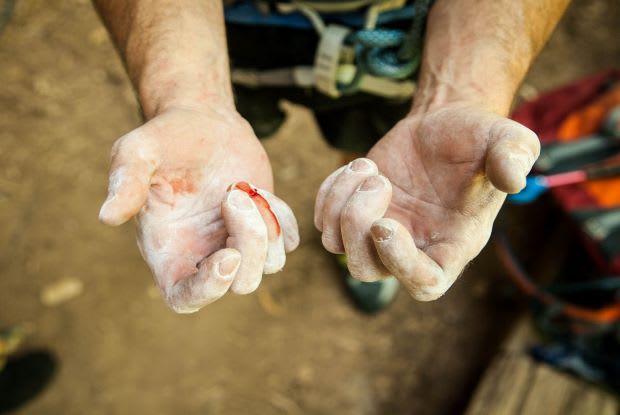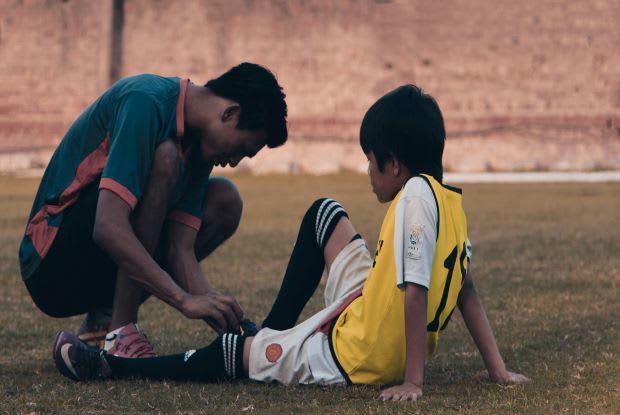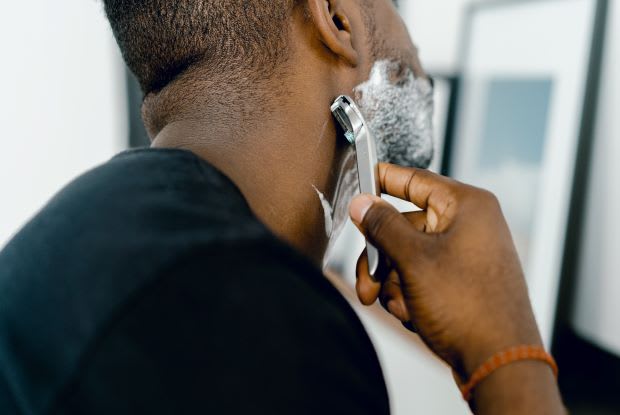Table of Contents
II. Be Careful with Dental Hygiene
IV. Watch Out for Sharp Objects
How Does Eliquis Function?
Eliquis is a commonly prescribed anticoagulant that helps prevent blood clots. Anticoagulants are medications that inhibit a clotting factor in the body, which allows the blood to flow smoothly throughout the body. The presence of clots in the bloodstream can cause serious complications, especially if they travel to the brain, lungs, or heart and obstruct blood flow.
Many patients prefer Eliquis over more traditional blood thinners like Coumadin for several reasons. Eliquis works differently in the body and requires less frequent testing, saving patients time and trips to the doctor. Eliquis can prevent deep vein thrombosis, pulmonary embolism, heart attacks, and stroke when used correctly. [1]
Generic Eliquis, known as apixaban, effectively prevents blood clots, but it is important to be aware of potential complications. Excessive bleeding on blood thinners is one of the most dangerous side effects, so it is important to know how to avoid this condition. Read on to learn more. [2]
For the most part, patients on blood thinners do not have to worry about routine dental procedures. If you are taking these drugs for a long period, it is likely that your mouth will not bleed excessively. But if it is your first time ordering Eliquis from an online Canadian pharmacy, you may have to be careful during routine dental checkups and dental hygiene visits. You may experience more bleeding than normal when you floss. If your gums are bleeding, press firmly on the bleeding gum with a damp washcloth or tea bag. You should apply pressure for up to 30 minutes and avoid the following: It is also important to avoid hard food like crackers or pretzels. To prevent bleeding gums, you should use waxed floss and a toothbrush with soft bristles. [3] If you have to undergo an invasive dental procedure, your dentist and cardiologist may have to consult with each other to make sure that your treatments do not increase your risk of bleeding. [4] Your doctor will likely advise you to avoid high-contact sports if you are taking blood thinners. When you participate in contact sports like football, basketball, soccer, or hockey, you may get hit or take a fall that can result in cuts or bruises. Bruises are usually not a big deal, but you may be suffering from uncontrolled internal bleeding if you are on blood thinners. If you are a runner or bicyclist, you can likely continue your activities, but it is important to be cautious whenever possible. Try to avoid situations that may lead to a bicycle crash or trail running that can lead to tripping over rocks or branches. It is impossible to avoid injuries altogether, but accidents can, unfortunately, happen. If you experience a nosebleed, you should hold your nose together with your fingers below the bone. Hold your nose for five minutes to stem the bleeding. [3] Everyone experiences small cuts and nicks throughout their life. Many of us never consider these little injuries, but they may become big injuries if you are on a blood thinner. If you cut yourself with your razor or kitchen knife, you may experience excessive bleeding. If you do get a cut, put a clean towel or bandage on the wound and press it firmly until the bleeding ceases. Once the bleeding stops, clean the wound properly to avoid infection. To avoid the risk of small wounds, you may want to: Not every form of bleeding is life-threatening, but it is important to learn which type constitutes an emergency. If you have taken the proper steps and the bleeding does not stop, you should contact your doctor. The following types of bleeding are more serious than others and should be addressed quickly: Excessive bleeding is the most preventable cause of death, so all Eliquis patients should be aware of possible side effects and symptoms of excessive bleeding. Even if the bleeding has been stopped effectively, you should ensure that the wound is clean and free of infection. You may still want to see a doctor if the following occurs: The content provided in this article is based on thorough research and in some cases, reviewed by a medical professional. Our goal for the information is to provide helpful, general health informational. It is not intended as a substitute for professional medical advice.
Be Careful with Dental Hygiene
Avoid Contact Sports

Watch Out for Sharp Objects

When to See a Doctor

